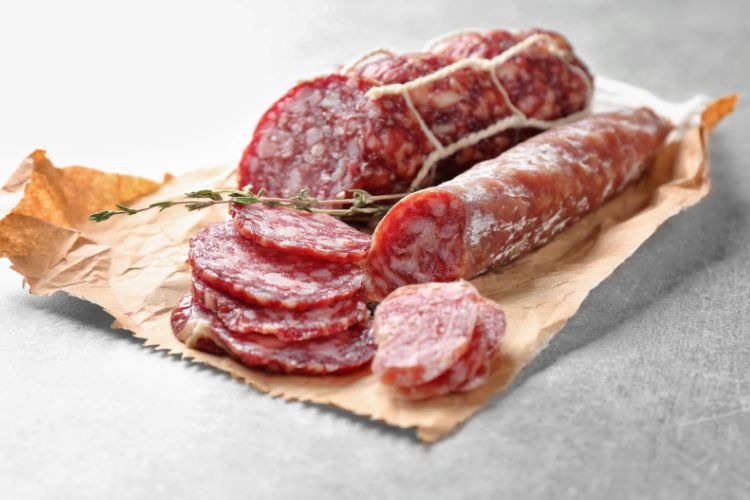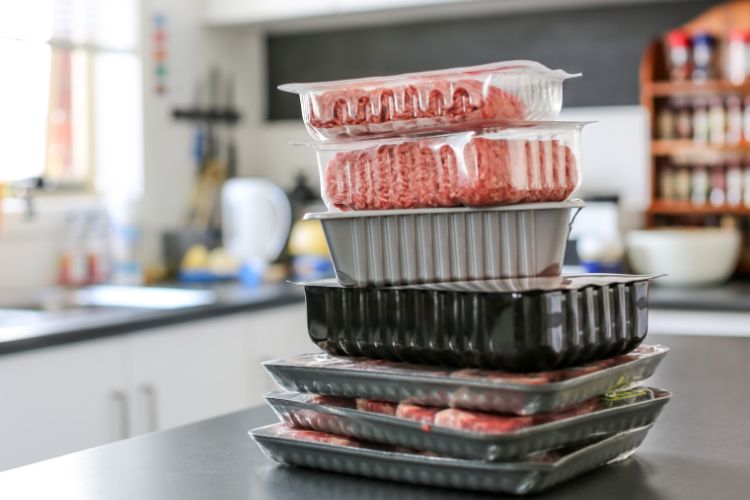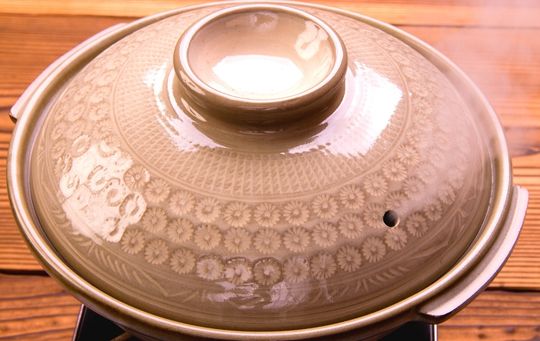5 Must-Know Tips: Bringing Meat into Singapore (Nov 2023)

Bringing meat into Singapore is subject to stringent regulations to protect public health and maintain food safety standards. Travelers must declare any meat products they are carrying at the customs checkpoint and adhere to quantity limits and specific import guidelines.
Aspects Of Bringing Meat into Singapore
| Aspect | Bringing Meat into Singapore |
|---|---|
| Regulatory Control | Singapore has strict regulations governing the import of meat products to ensure food safety and public health. |
| Declaration Requirement | Travelers must declare any meat products they are carrying at the customs checkpoint upon entry. |
| Quantity Limits | There are specific quantity limits on meat products that can be brought into Singapore, depending on the type and source. |
| Import Guidelines | Meat brought into Singapore must comply with the country’s import guidelines, which include packaging and labeling requirements. |
| Consequences of Violation | Violating these regulations can result in confiscation, fines, penalties, or legal consequences, emphasizing the importance of compliance. |
Bringing meat into Singapore requires strict adherence to regulations to safeguard food safety and public health.
Key Takeaways

Understanding Singapore’s Regulations
Singapore is renowned for its stringent regulations to maintain high standards of food safety. Importing meat products is no exception.
The Agri-Food & Veterinary Authority of Singapore (AVA), now known as the Singapore Food Agency (SFA), governs the importation of food items, including meat. To navigate these regulations seamlessly, let’s explore the key aspects you should know:
1. Types of Meat Allowed
Singapore permits the importation of several types of meat products, including:
- Fresh Meat: This category includes cuts of fresh beef, pork, lamb, and poultry.
- Frozen Meat: Frozen meat products are widely available and accepted for import.
- Processed Meat: Processed meat products like sausages, bacon, and ham are allowed. However, they must originate from approved sources.
- Canned Meat: Canned meat products are generally acceptable, but it’s crucial to check for approval from recognized food safety authorities.
- Cooked Meat: Pre-cooked or heat-treated meat items can also be imported if they meet SFA’s guidelines.
2. Countries of Origin
Singapore maintains a list of approved countries from which meat products can be sourced.
Before bringing in meat, ensure that it originates from an approved source. This practice helps Singapore maintain strict control over the quality and safety of imported meats.
3. Labeling and Packaging
Proper labeling and packaging are crucial when importing meat into Singapore. The packaging should be secure and intact, preventing any contamination during transit.
Additionally, all meat products should have clear labeling indicating their contents, origin, and production date.

4. Health Certificates
For fresh meat, frozen meat, and processed meat products, you may need to obtain health certificates from the competent authority of the exporting country.
These certificates confirm that the meat complies with Singapore’s food safety standards. It’s advisable to check with the SFA or the nearest Singaporean embassy or consulate to determine the specific requirements for your meat products.
5. Personal Use vs. Commercial Import
The rules for bringing meat into Singapore differ depending on whether it’s for personal consumption or commercial purposes.
If you plan to bring in a small quantity of meat products for personal use, you may not face many restrictions.
However, for commercial imports or larger quantities, you must adhere to more stringent regulations, including obtaining the necessary permits and licenses.

Commonly Asked Questions
To further clarify the regulations and ensure you have all the information you need, let’s address some commonly asked questions regarding bringing meat into Singapore:
1. How Much Meat Can I Bring for Personal Use?
Singapore typically allows travelers to bring small quantities of meat products for personal consumption.
These quantities are subject to change, so it’s advisable to check the latest guidelines with the SFA or the Singapore Customs authorities before your trip.
2. Can I Bring Meat in My Checked Luggage?
Yes, you can bring meat products in your checked luggage, provided they comply with Singapore’s regulations.
Make sure the meat is well-packaged and labeled to prevent leaks or contamination during travel.
3. What Are the Penalties for Violating Meat Import Regulations?
Violating Singapore’s meat import regulations can result in fines, confiscation of the meat products, or legal action.
To avoid such consequences, it’s crucial to abide by the rules and seek the necessary approvals.
4. Can I Bring Homemade Meat Products into Singapore?
Homemade meat products are generally discouraged from being brought into
Singapore due to the difficulty in verifying their safety and compliance with food standards. It’s best to stick to commercially packaged and approved meat products.
5. Are There Any Meat Products That Are Strictly Prohibited?
Yes, some meat products are strictly prohibited from being imported into Singapore.
These may include certain game meats and products made from endangered or protected species. To ensure compliance, always check the SFA’s guidelines.
Conclusion
Singapore’s regulations on bringing meat into the country are designed to uphold the highest standards of food safety.
While these regulations may appear strict, they are in place to protect public health and ensure that all meat products consumed in Singapore meet stringent quality standards.
Before your trip or relocation to Singapore, it’s essential to familiarize yourself with the latest guidelines from the Singapore Food Agency or consult with the nearest Singaporean embassy or consulate.
This preparation will help you enjoy your time in the Lion City without any concerns about meat importation regulations.




